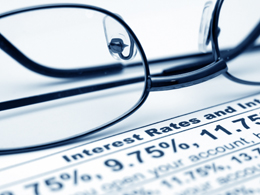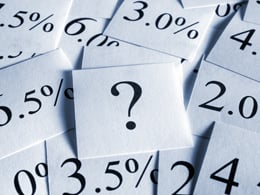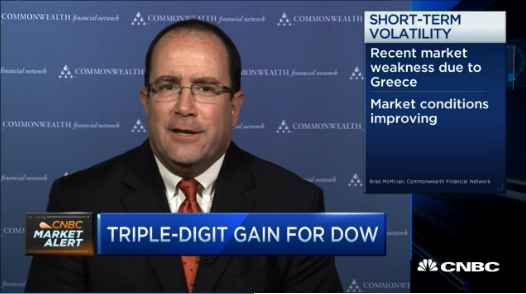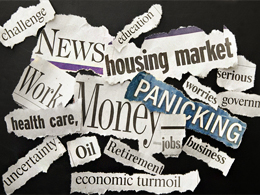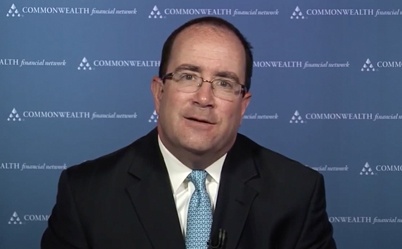My post last week on this topic generated a fair amount of attention and quite a bit of comment, both positive and negative. I stand behind my argument, but one excellent question came up that’s worth addressing: what does the data show during a period of rising rates, such as the 30 years before 1985 (the starting point for the data in my previous post)?



